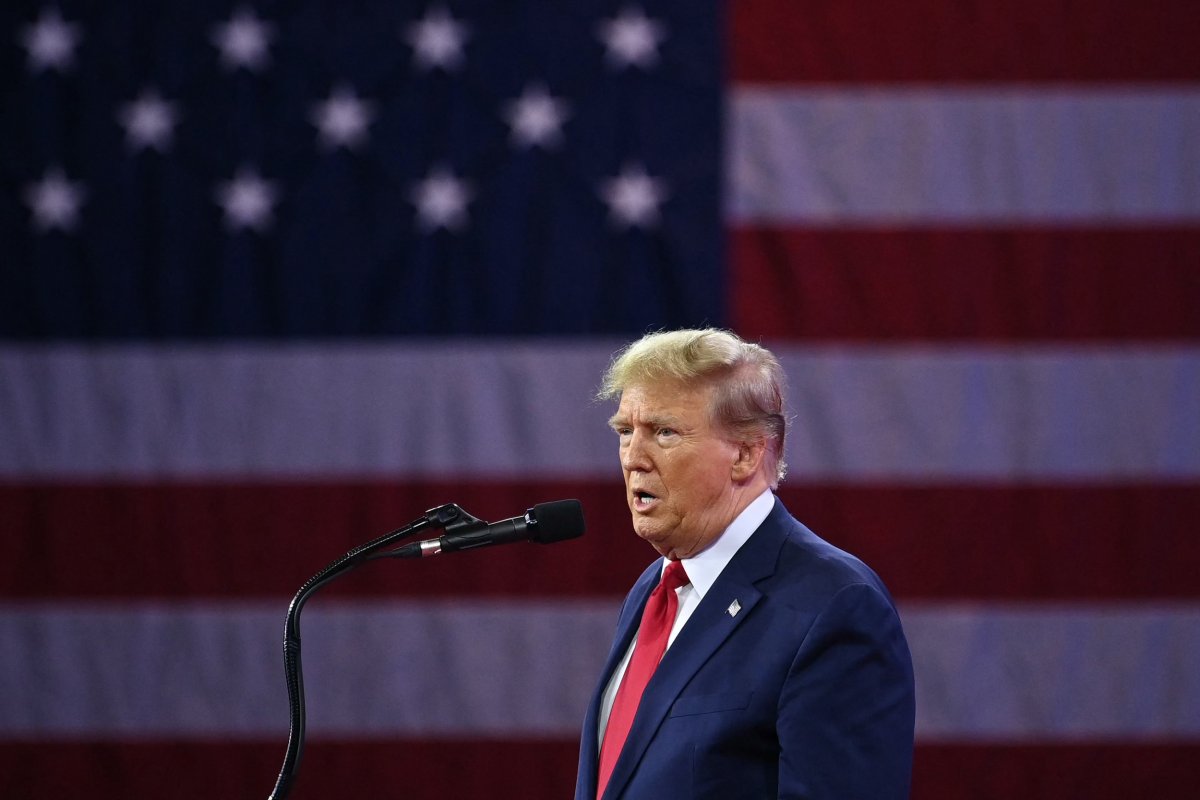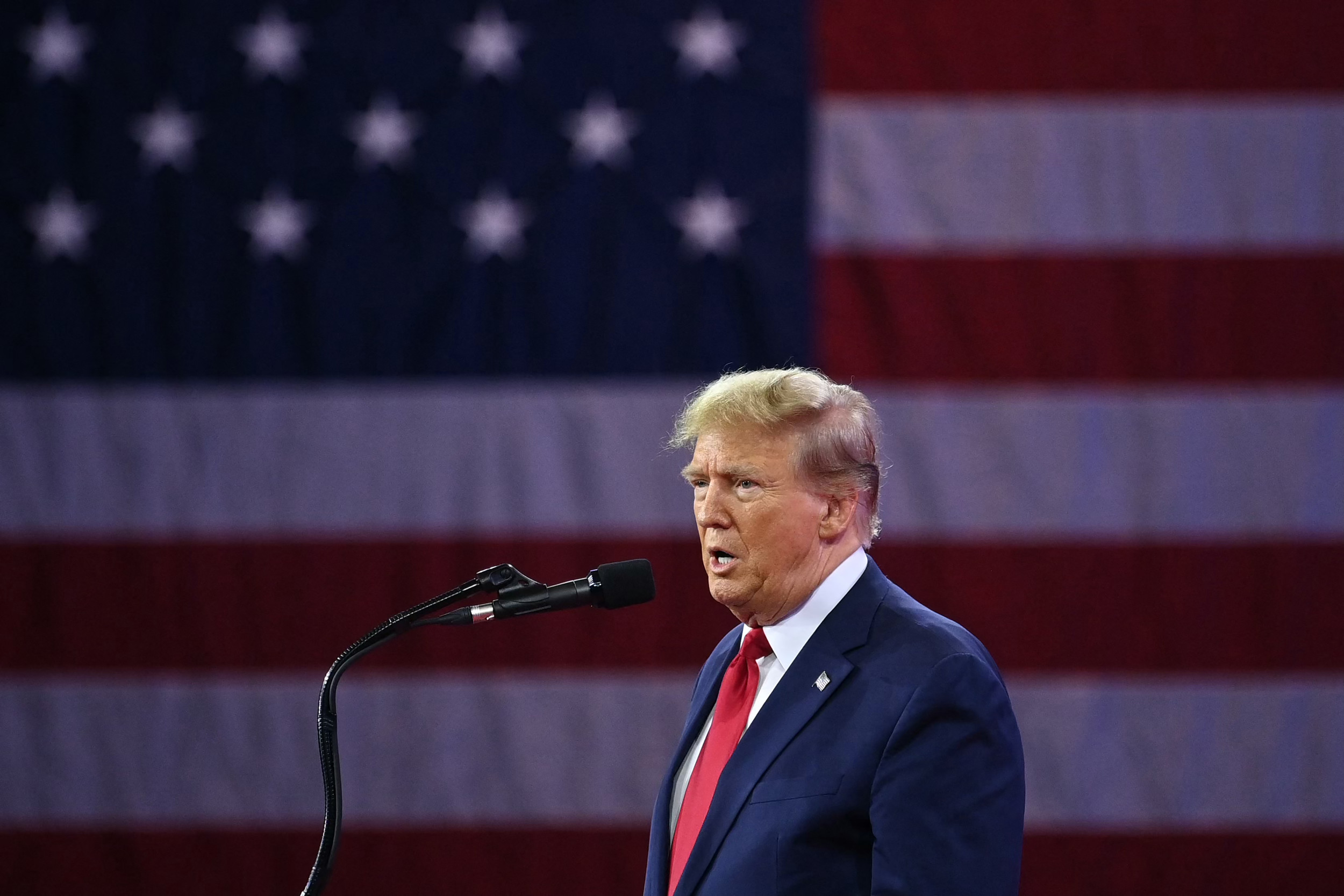Chris LaCivita, a senior adviser to Donald Trump’s 2024 presidential campaign, made it clear on Friday that he will not utilize funds from the Republican National Committee (RNC) to cover the former president’s legal expenses.
The decision comes amidst ongoing legal battles involving Trump, including a lawsuit filed by New York Attorney General Letitia James in September 2022.
The lawsuit alleged that Trump, along with his two adult sons, Donald Jr. and Eric, as well as The Trump Organization and two executives, Allen Weisselberg and Jeff McConney, engaged in fraudulent practices to inflate asset values for obtaining favorable bank loans and tax arrangements.
In a significant blow to Trump, Judge Arthur Engoron imposed a fine of approximately $355 million in the civil fraud case. Trump has consistently proclaimed his innocence in the matter, attributing the legal actions against him to political motives and expressing his intention to appeal the verdict.

Donald Trump (Credits: Newsweek)
This legal setback follows another recent judgment where Trump was ordered to pay $83.3 million to E. Jean Carroll, a former Elle columnist, for defamation stemming from her accusation of sexual assault against him in the 1990s. In total, Trump faces around $542 million in judgments, with interest accruing daily on the civil fraud case alone.
Amidst these legal challenges, Ronna McDaniel, the current chair of the RNC, is reportedly planning to step down from her position after the South Carolina primary on February 24. This development follows sustained criticism of McDaniel’s leadership, particularly from factions within the Trump camp.
In response, Trump has endorsed his daughter-in-law, Lara Trump, for the position of RNC co-chair, along with Michael Whatley, the chairman of the North Carolina Republican Party, for the role of chair. Lara Trump, who previously served as an adviser to Trump’s 2020 campaign, pledged to focus RNC resources solely on reelecting her father-in-law.
Chris LaCivita’s assertion that he will not tap into RNC funds for Trump’s legal expenses underscores a shift in strategy within the party. This stance aligns with criticisms from figures like Michael Steele, a former RNC chairman, who emphasized the broader responsibilities of the RNC beyond individual candidacies, stressing the importance of supporting all Republican candidates and building party infrastructure nationwide.























